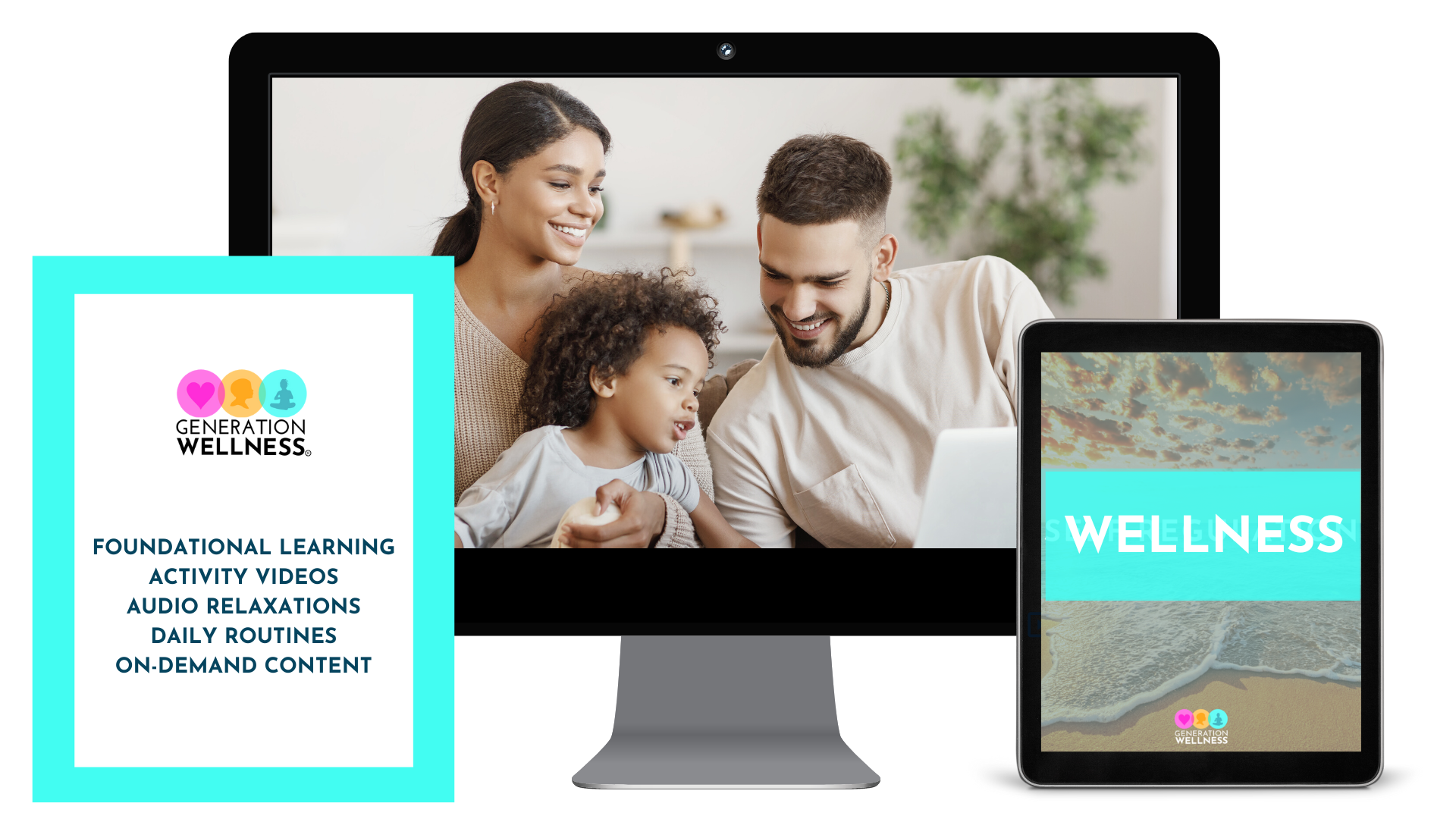[EXPERIMENT] Feedback

Feedback is the return of information that is provided following an activity, process, or event.
You may have heard the quote, “Feedback is the breakfast of champions.” Research proves that many of us desire feedback because we want to know what’s expected and strive for improvement, yet the feedback that we want may not be clear or consistent:
- Research has found roughly 87 percent of employees want to “be developed” and receive feedback, but only a third report actually receiving the feedback they need to engage and improve.
- Subjects in a study felt equally anxious offering feedback and receiving it, which might explain why so much workplace feedback — particularly in the United States — amounts to a series of polite statements, with few suggestions for improvement.
So, let’s dive into three strategies that promote effective feedback. Keep in mind, you can use these strategies in the workplace and in your personal life.
Strategy 1: Ask for permission before sharing feedback. How many times have you experienced being told something when you were not ready for it? It felt like an invasion of space and the information conveyed may have been lost due to breaching a boundary of permission. Asking permission is a vital step that is often overlooked. If the timing is not ideal, then negotiate a better time to have the conversation.
Strategy 2: Be compassionate and direct with your delivery. It’s important to share authentically. However, honesty without tact is cruelty, yet too much tact can fall into insincerity. Your tone matters. Your ability to be direct matters. Your ability to share the potential you see in the person also matters. It’s best to not beat around the bush, but do so with care and compassion. You'll likely get much more from people when your approach is positive and focused on improvement.
Strategy 3: Receive with grace. Thank the deliverer for taking the time and effort to pay attention, even if the feedback is perceived as negative. As we discussed earlier, this exchange is not easy for either person. Acknowledging them completes the loop for future feedback.
Bonus: Research suggests that by switching from giving feedback to asking for it, organizations can tilt their culture toward continuous improvement; smarter decision making; and stronger, more resilient teams that can adapt as needed. Imagine the growth, productivity, and innovation if feedback was the norm.
Feedback is not just a tool for teams interested in increasing productivity, positive culture, and growth in the workplace, it’s also great for individual reflection.
Elon Musk said, "I think it’s very important to have a feedback loop when you’re constantly thinking about what you’ve done and how you could be doing it better. I think that’s the single best piece of advice: constantly think about how you could be doing things better and questioning yourself."
So, when was the last time you sought out feedback? You never know, a colleague, friend, or family member may be able to bring forward a blind spot that is holding you back or a small adjustment that can accelerate progress in various areas of your life.
So, let’s get intentional about feedback! Your experiment is to request feedback from a friend, family member, or colleague weekly.
WE'RE HERE TO SUPPORT YOU
Questions about our online courses, online toolkits, or live trainings?








